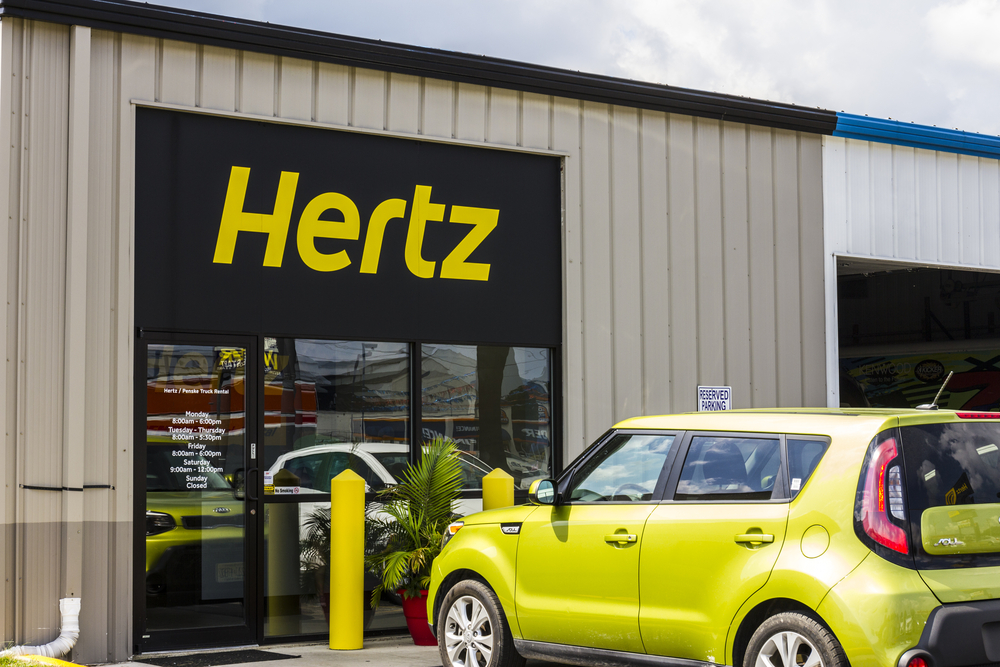Business
Hertz Pulls $500 Million Offering After SEC Review

Fortunately, Hertz won’t be able to sell worthless shares in exchange for real money.
The financially – and apparently morally – bankrupt company ended its bid to sell up to $500 million in new shares that it acknowledged likely didn't amount to much.
In a regulatory filing yesterday, the company said that the stock offering “promptly” became “suspended pending further understanding of the nature and timing of the Staff’s review.”
In the filing, Hertz said that it had been in “regular contact” with the Securities and Exchange Commission all week. This came after the agency told the company on Monday that it planned to review the stock sale.
SEC Chairman Jay Clayton said Wednesday that his agency had concerns about Hertz’s plan to sell stock while the company is in the middle of bankruptcy proceedings.
“In this particular situation we have let the company know that we have comments on their disclosure. In most cases when you let a company know that the SEC has comments on their disclosure they do not go forward until those comments are resolved,” Clayton said during an appearance on CNBC.
The Process
When companies want to sell a security, in this case more shares, they submit a filing with the SEC. The agency will review the filing. It will also send comments back to the company consistently. In its feedback, it will ask the company to improve the disclosure or any irregularities in the filing. During his CNBC appearance, Clayton did not specifically mention the issues the SEC had with the Hertz filing.
“We at the SEC, were are trying to carry out our responsibility in situations like this as best we can and I expect the other professionals around the situation to carry out their responsibilities as best they can,” Clayton added.
Those disclosures filed by Hertz said “Although we cannot predict how our common stock will be treated under a plan, we expect that common stock holders would not receive a recovery through any plan unless the holders of more senior claims and interests, such as secured and unsecured indebtedness (which is currently trading at a significant discount), are paid in full, which would require a significant and rapid and currently unanticipated improvement in business conditions to pre-COVID-19 or close to pre-COVID-19 levels.”
In plain talk, that means the new shares are worthless.
DIP Financing
Hertz shares stopped trading for several hours yesterday before resuming again just before 3:30pm ET. Shares were up double-digits before closing the day with a modest 2.6% gain.
The company, which filed for bankruptcy on May 22, would traditionally get debtor-in-possession (DIP) financing. This would allow it to remain in business as the company went through bankruptcy proceedings.
However, after Hertz filed for bankruptcy, shares traded as low as $0.40 on May 26 before surging to as high as $6.25 on June 8.
Instead of taking the DIP loan that would need to be paid back, the company instead wanted to sell shares. I then planned to use the cash proceeds to pay off creditors. Hertz had hoped to sell up to $1 billion in shares, before trimming the proposed offering down to $500 million.
Up Next:















